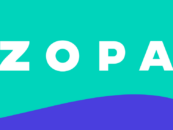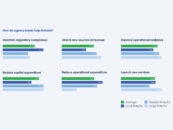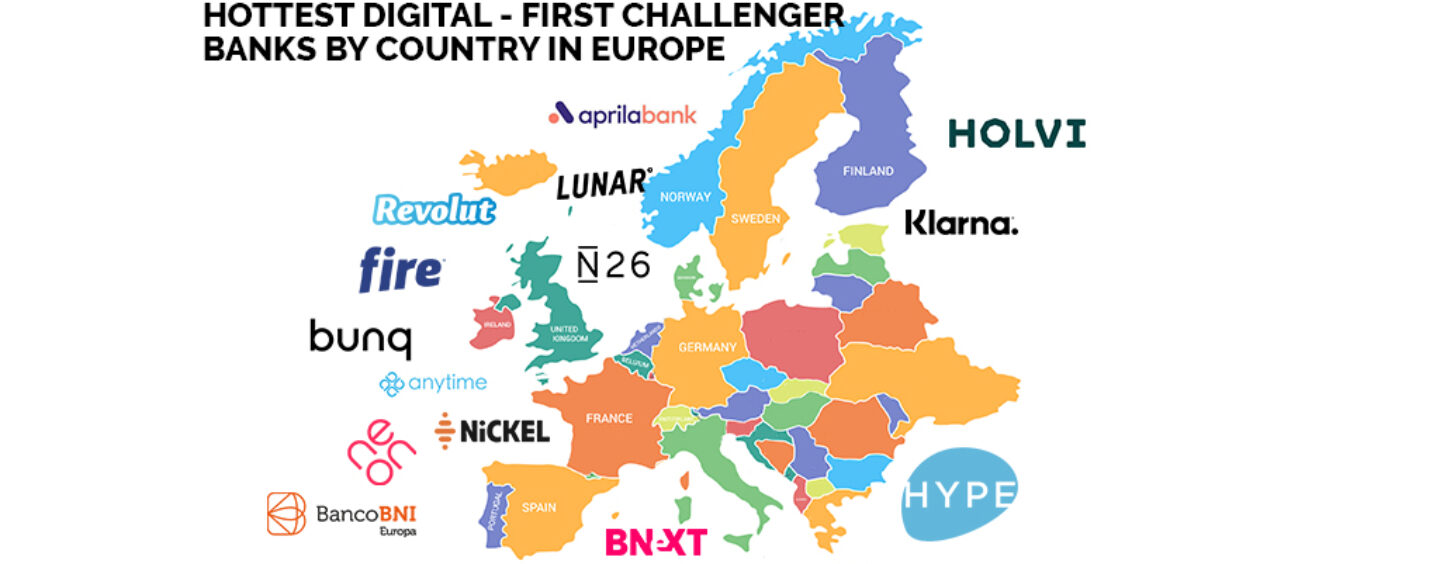
14 Hottest Digital-First Challenger Banks by Country in Europe
by Fintechnews Switzerland December 12, 2019Europe has been the bright spot for challenger banks and neobanks over the past decade. Since 2011, European neobanks’ customer base has grown by more than 15 million, according to a research by AT Kearney. It’s projected that by 2023, the region’s neobanks will win up to 85 million customers.
The European banking industry is undergoing massive changes, and the following companies are driving that transformation.
UK: Revolut

Revolut is a UK fintech company that offers banking services including a prepaid debit card (MasterCard or Visa), fee free currency exchange, commission free stock trading, cryptocurrency exchange and peer-to-peer (P2P) payments.
Revolut has more than 7 million customers and operates across the European Economic Area (EEA), in Switzerland, the US, Canada, Australia and Singapore.
Ireland: Fire
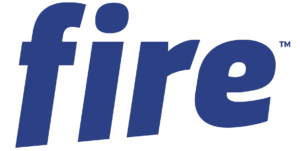
Fire is a challenger bank from Ireland that helps businesses to manage payments with digital accounts and debit cards and which supports a range of payment services all accessible via a powerful API.
Founded in 2009, the company provides dual-currency euro and sterling accounts to businesses in the UK and Ireland, as well as personal accounts.
Germany: N26

N26, formerly Number 26, is a German mobile bank that provides a free basic current account and a debit MasterCard to all its customers, as well as a Maestro card for its customers in certain markets. Additionally, N26 offer premium accounts which come with additional features for a monthly fee, and customers can also request overdraft and investment products.
N26 counts 3.5 million customers across 26 markets.
Netherlands: Bunq
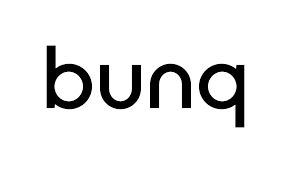
Founded in 2015, Bunq is a Dutch, internationally active mobile bank, headquartered in Amsterdam.
The company offers a range of online financial services, primarily through its mobile app. The company’s app enables customers to open one free transaction account, or up to 25 accounts for a monthly fee. Additionally, customers can request money from friends, split bills, and make payments in real time. Businesses can also open a Bunq account.
France: Nickel
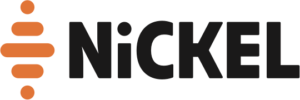
Formerly known as Compte Nickel, Nickel is an alternative French banking service. Founded in 2014, the company sells debit cards and current accounts at more than 5,000 tobacconists in France. Customers manage their accounts through a mobile app.
Nickel counts some 1.2 million clients in France and now plans to launch in Spain, Portugal, Belgium, Italy and Austria. The company was acquired by French bank BNP Paribas in 2017.
Belgium: Anytime
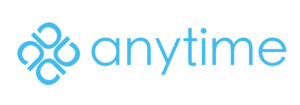
Anytime is a Belgian fintech startup that offers current accounts, a debit card, as well as several other financial services for small and medium-sized enterprises (SMEs) and individuals. Customers manage their accounts through a mobile app.
Anytime was launched in 2012 with the aim of providing simplified financial services to consumers and businesses.
Switzerland: Neon
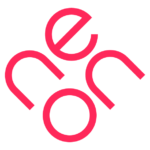
Neon is a Zurich-based fintech startup offering a mobile banking solution that allows users easily and conveniently manage their everyday banking. Neon promises fairer prices than traditional options, and comes with no base fees for the account and card. Customers can control their payment card in real-time through the app, as well as make payments.
Neon is not a bank per se and the accounts are actually managed by Hypothekarbank Lenzburg, its banking partner. As of October, the company claimed 10,000 clients on its books.
Spain: Bnext

Launched in 2018, Bnext is Spain’s leading mobile-first neobank, claiming 300,000 active users and more than EUR 100 million in monthly transactions.
Bnext operates in the European Union (EU) under an e-money license, providing users with a card and a linked mobile marketplace featuring banking products from select partners. The company also provides an account aggregation feature to manage traditional bank accounts from within the app. Users can connect their existing bank accounts to the platform and manage their finances in one place, at any time.
Portugal: Banco BNI Europa

Banco BNI Europa is a Portuguese digital-only, challenger bank whose mission is to offer customers a modern digital low-cost banking platform and innovative banking products, tailored to their needs.
Launched in 2014, Banco BNI Europa aims to challenge the traditional banking sector through strategic partnerships with fast-moving fintech businesses to launch new products.
Italy: Hype

Launched in 2015, Hype is a digital bank account by the Italian bank Banca Sella. It is the first challenger bank launched in Italy.
Hype has an associated prepaid card that customers recharge with their bank account. Hype allows payment using the prepaid credit card in Italy, abroad, and on the web. It also allows for sending and receiving money at zero cost.
Norway: Aprila Bank

Headquartered in Oslo, Aprila Bank is a highly automated niche bank focusing on intuitive on-the-spot financing solutions for SMEs by employing modern technology, data-driven credit risk management and an innovative distribution model.
Although Aprila Bank mainly focuses on invoice financing, the bank also provides personal savings accounts.
Finland: Holvi

Founded in 2011 and based in Helsinki, Holvi is a digital banking service for freelancers and entrepreneurs.
Holvi combines powerful money management tools with an easy-to-use business current account to offer an innovative banking experience that actually helps entrepreneurs run their businesses. The business account comes with a MasterCard, and customers also get access to features for easy invoicing and bookkeeping.
Denmark: Lunar

Lunar is a 100% digital mobile-based banking app serving individual and business customers. The app lets users pay their bills, analyze their consumption, and transfer money through the app.
Lunar claims more than 100,000 users in Denmark, Sweden and Norway. The company received its banking license in 2019.
Sweden: Klarna

Founded in 2005, Klarna is one of Europe’s largest banks, providing payment solutions for 80 million consumers across 190,000 merchants in 17 countries. Klarna offers direct payments, pay after delivery options and instalment plans in a smooth one-click purchase experience
Though the startup initially started with a focus on online and digital payments, it was granted a full banking license in 2017, enabling it to offer a range of new banking products and services for its customers across Europe.



